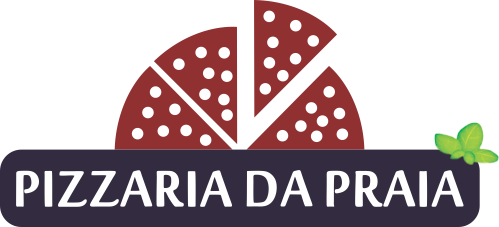Exploring the World of Online Web Tools: Innovations and Trends Shaping Our Digital Experience
Comprehensive Overview of Ledger Live: The Future of Cryptocurrency Management
8 de abril de 2025Exploring the Impact of “Only Fans Leaked”: A Multifaceted Perspective
8 de abril de 2025Exploring the World of Online Web Tools: Innovations and Trends Shaping Our Digital Experience
In an era defined by rapid technological advancements, online web tools have emerged as essential resources for individuals and businesses alike. From enhancing productivity to fostering creativity, these tools are reshaping how we interact with information, manage projects, and communicate. This article delves into various perspectives on online web tools, highlighting their significance across technology, finance, culture, lifestyle, and innovation.
The Rise of Productivity Tools
As remote work becomes increasingly prevalent, the demand for productivity tools has surged. Applications like Trello, Asana, and Notion streamline project management, allowing teams to collaborate efficiently regardless of their physical location. These platforms not only help in organizing tasks but also integrate with other tools, creating a seamless workflow.
Key Features of Productivity Tools
- Task Management: Assign tasks, set deadlines, and track progress.
- Collaboration: Real-time updates and shared boards enhance teamwork.
- Integration: Connect with other applications for a cohesive experience.
Financial Tools Transforming Business Practices
The finance sector is witnessing a significant transformation due to online web tools. Fintech applications such as Mint, QuickBooks, and PayPal are streamlining financial management for businesses and consumers. These tools provide features like budgeting, invoicing, and online payments, making financial operations more accessible and efficient.
Emerging Trends in Fintech
- Cryptocurrency Management: Tools like Coinbase and Binance allow users to manage their digital assets with ease.
- Automated Financial Services: AI-driven platforms offer personalized financial advice and investment strategies.
- Peer-to-Peer Lending: Platforms such as LendingClub are revolutionizing the way individuals access loans.
Cultural Impact of Online Web Tools
Online web tools are not only functional but also play a crucial role in cultural expression. Creative platforms like Canva and Adobe Spark empower individuals to craft visually appealing content without needing extensive design skills. This democratization of design enables artists, marketers, and social media influencers to communicate their messages effectively.
Social Media and Content Creation
In a world where content is king, tools that facilitate content creation and sharing are vital. Platforms like Instagram, TikTok, and YouTube have integrated editing tools that allow users to enhance their videos and images directly within the app. This integration fosters creativity and enables users to engage with their audiences more effectively.
Lifestyle Enhancements through Online Tools
As lifestyles evolve, so do the tools that support them. Online web tools focused on health, wellness, and personal development have gained popularity. Applications like MyFitnessPal, Headspace, and Duolingo provide users with resources to track fitness goals, practice mindfulness, and learn new languages, respectively.
Benefits of Lifestyle Tools
- Accessibility: Many of these tools are free or low-cost, making them available to a wide audience.
- Customization: Users can tailor their experiences to suit personal preferences and goals.
- Community Support: Many platforms foster communities that encourage motivation and accountability.
Innovation at the Forefront
The landscape of online web tools is continuously evolving, with innovations that enhance functionality and user experience. Artificial intelligence (AI) and machine learning are at the forefront of this evolution, enabling tools to provide smarter solutions. For example, AI-powered writing assistants like Grammarly and Jasper streamline content creation, ensuring clarity and engagement.
Future Directions
With the ongoing integration of AI and other emerging technologies, the future of online web tools looks promising. We can expect:
- Increased personalization in user experiences.
- Enhanced security features to protect user data.
- Greater collaboration between different tools and platforms.
In conclusion, online web tools are more than just digital conveniences; they are transformative resources that influence various aspects of our lives. As we continue to embrace these innovations, tools such as avalonpdf exemplify how technology can simplify our tasks and enhance productivity. Understanding and leveraging these tools will empower individuals and businesses to thrive in an increasingly digital world.
